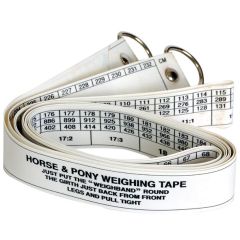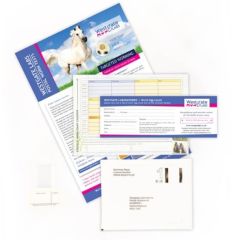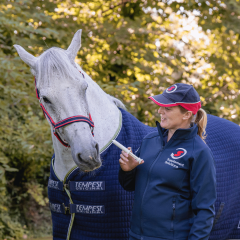Worming for roundworm
Summer is fast approaching and now’s a great time to map out your horse's worming programme for the rest of the year. You should already have tested and treated for tapeworm earlier in spring. Now it's time to turn our attention to roundworm - rubber gloves at the ready!
Let's take a look at 3D Worming's tips for strategic worming, following the 3 Ds...

Direction
The best way to test for roundworm is with a Faecal Egg Count (FEC) Kit. FEC testing identifies the 15-20% of horses that actually need worming.
By testing in this way, it’s possible to reduce wormer use by up to 82%. This protects drugs for use in the future, as well as potentially saving you money!
Only horses with FECs greater than 200 eggs per gram need to be treated for roundworm. It’s best to choose a wormer containing ivermectin or pyrantel in the summer.

‘how to’ video at www.3dworming.co.uk
Dosage
You should have an accurate idea of your horse’s weight – although don’t forget this can change significantly through the grazing season!
Make sure you choose a treatment sufficient to treat your horse’s bodyweight. The syringes on our site vary from 600kg to 700kg doses.

Delivery
Use a high quality syringe to ensure effective delivery of the dose required. And don’t forget wormer drugs can be poisonous to other animals - dispose of your used syringes carefully!
3D Worming’s quick guide to collecting faecal samples
It's not the most glamourous of jobs, but it's crucial for your horse's welfare
1. Order your Westgate Labs Worm Count Kit
2. Identify a fresh dropping
3. Collect several samples from different faecal balls throughout the dropping
4. Fill the sample pot - make sure you don't leave any air inside
5. Label clearly with your horse's name
6. Post the sample straight to the labs to be analysed - if this isn't possible, place the sample in the fridge overnight to prevent any eggs from hatching
7. Wait for us to contact you with the results!
Confused about worming?
If you have questions or would like some advice about the best course of action for your horse, you can speak to our in-house SQP.







